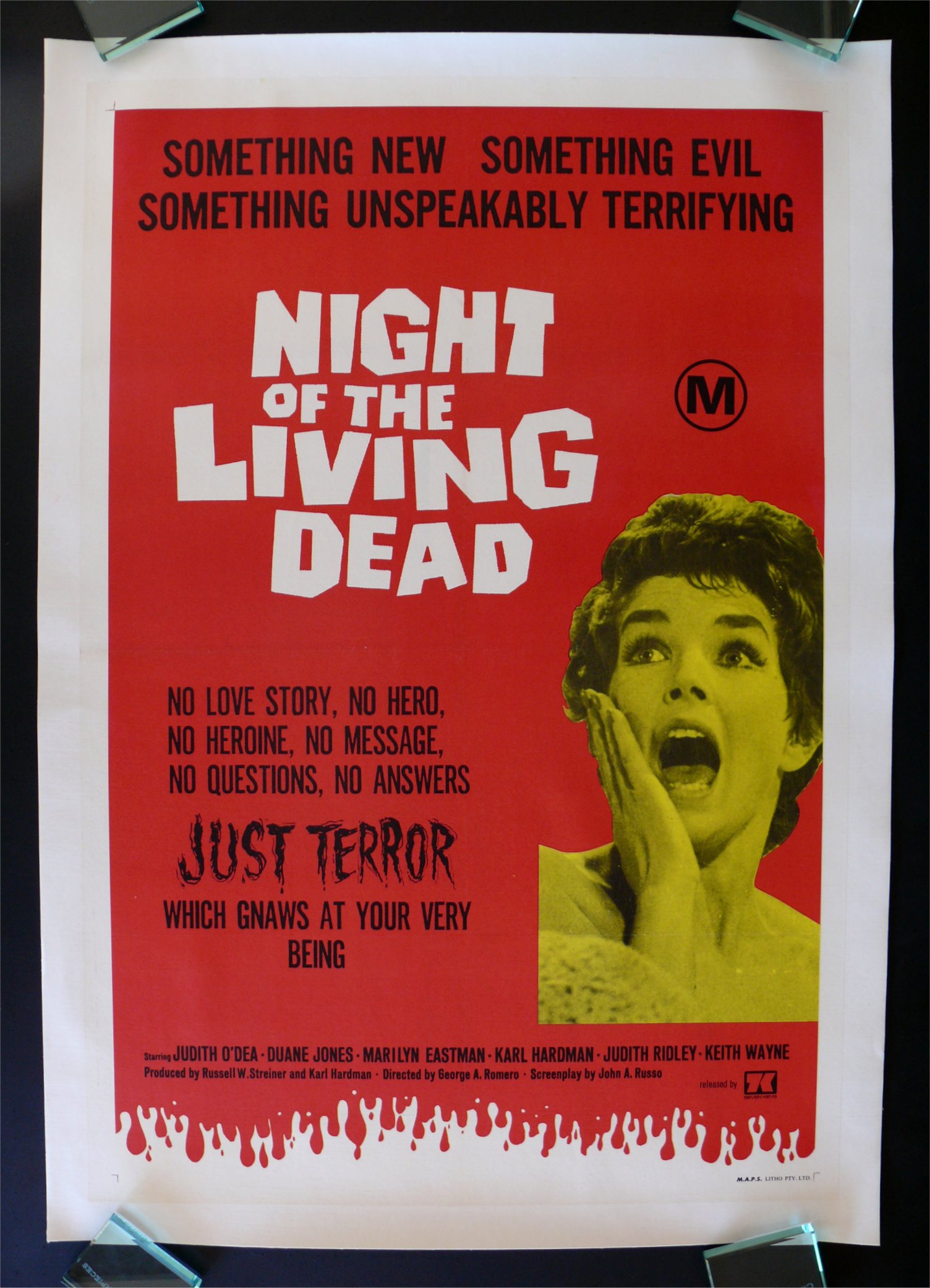Well, the entire post-apocalyptic genre, but zombie stories in particular. Zombie movie marathon? Yes, please. And I'll bring the Funyons.
Is it the senseless violence? Sure, that's a part of it. Sometimes it's fun to turn off the realistic part of my brain and enjoy some intense action.
Is it a fascination with the dead? No way. Technically, they're un-dead. But regardless, this has little to do with it. There is nothing spiritual or demonic going on here. Usually just a man made virus, if they even take the time to explain the zombies at all.
Here is why I love zombie stories. Because I can't help but think,
"What would I do?"
Would I be the quiet guy who eventually has a nervous breakdown? Or would I be the unrealistic action seeker and die an early and needless and utterly preventable death? Or would I be the guy who keeps his cool under the worst of situations? The guy with a plan. The guy who inspires hope. The guy who unifies everyone together for the one common goal: to survive.
Post-apocalyptic stories have this way of asking what would life be like if everything had to start from scratch. The world we once knew is gone: laws, order, the American Dream. Now all that is left is chaos, disorder, fear. But there is always a leader who inspires hope to the hopeless. A promise of restoration.
I have been most impressed with the latest zombie story, The Walking Dead. A six episode first season of a well budgeted, high quality written TV show. The season ends with a great dialoge between the main character, Rick and a disgruntled scientist.
"You're lying when you say there's no hope. All we want is a choice. A chance. We need to try for as long as we can." -Rick
What drives Rick is this idea that somewhere, there is refuge from danger. Somewhere there is a safe life for him, his wife, and his son. So he chooses to fight. He chooses to keep going. Is his hope unrealistic? Naive? Immature? Or is his optimism the last best thing to hold on to?
So what does all this have to do with Billy Graham? You probably have already put it together: Hope.
People closest to Billy Graham describe him as a pessimist. His natural outlook on life is that things are probably going to get worse. In order to lead, he has to purposefully and intentionally communicate hope and optimism. Marshall Shelley, who wrote The Leadership Secrets of Billy Graham, describes him this way in this powerful quote,
"Optimism is not living in a fantasy world where nothing tragic ever happens; vital optimism is a confidence that tragedy isn't the last word, that the best is yet to be. Optimism is being able to acknowledge brutal realities and to the point an even greater reality - that our experiences are not in vain, our responses are not futile, and our efforts are going to be worthwhile.
Christian leaders like Billy Graham most often link this optimism and hope to an abiding trust that history is going somewhere and that God, who specializes in redeeming flawed situations, is powerfully directing it. But hope is the basic psychology and biology.
Sometimes, brining hope to a dispirited group is the most important thing a leader can do."Sure. I admit. It's no zombie apocalypse out there.
But it isn't great either.
In a lot of ways, things are very terrible for a lot of people. But sometimes the greatest thing we can bring to the world is hope. Hope that we can help change things. Hope that Jesus can still bring healing grace. Hope that tragedy does not have the last word.
And we intentionally bring hope with us.
Who would of thought the two had anything in common?
(Sorry I dont blog much anymore. I love doing it, but finding time is harder with a daughter and a full time job. I'm sure you understand. And thank you everyone for your constant encouragement. More to come soon.)
--------------------
And how can we bring hope to hurting people?
Anyone love zombie films as much as me?

